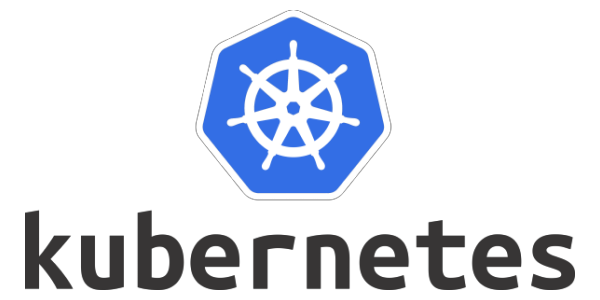Kubernetes

Kubernetes is an open-source platform designed to automate the deployment, scaling, and management of containerized applications. Originally developed by Google, Kubernetes is now maintained by the Cloud Native Computing Foundation (CNCF) and has become one of the most popular container orchestration platforms in the world.
Here are some key features and concepts of Kubernetes:
Container Orchestration: Kubernetes allows users to manage containers at scale. It automates tasks such as deployment, scaling, load balancing, and updating of containerized applications across clusters of machines.
Containerization: Kubernetes is built around the concept of containers, which are lightweight, portable, and self-sufficient units of software packaging. Containers encapsulate an application and its dependencies, making it easy to deploy and run consistently across different environments.
Cluster Management: Kubernetes organizes containers into logical units called "pods," which are the smallest deployable units in Kubernetes. Pods can contain one or more containers that share resources and network space.
Scaling: Kubernetes enables automatic scaling of applications based on resource usage or custom metrics. It can scale applications horizontally by adding or removing instances (pods) in response to changes in demand.
Service Discovery and Load Balancing: Kubernetes provides built-in mechanisms for service discovery and load balancing, allowing applications to communicate with each other reliably and efficiently.
Self-healing: Kubernetes continuously monitors the health of applications and automatically restarts containers that fail. It can also replace and reschedule containers on healthy nodes if a node fails.
Rolling Updates and Rollbacks: Kubernetes supports rolling updates, allowing new versions of applications to be deployed with minimal downtime. If an update causes issues, Kubernetes facilitates rollback to a previous stable version.
Declarative Configuration: Kubernetes uses declarative YAML or JSON configuration files to define desired states of applications and infrastructure. Users specify the desired state, and Kubernetes handles the implementation details to ensure that the actual state matches the desired state.
Kubernetes provides a powerful platform for building and managing modern, cloud-native applications. It abstracts away the complexity of infrastructure management, allowing developers to focus on writing code and delivering value to end-users.
Thank you,